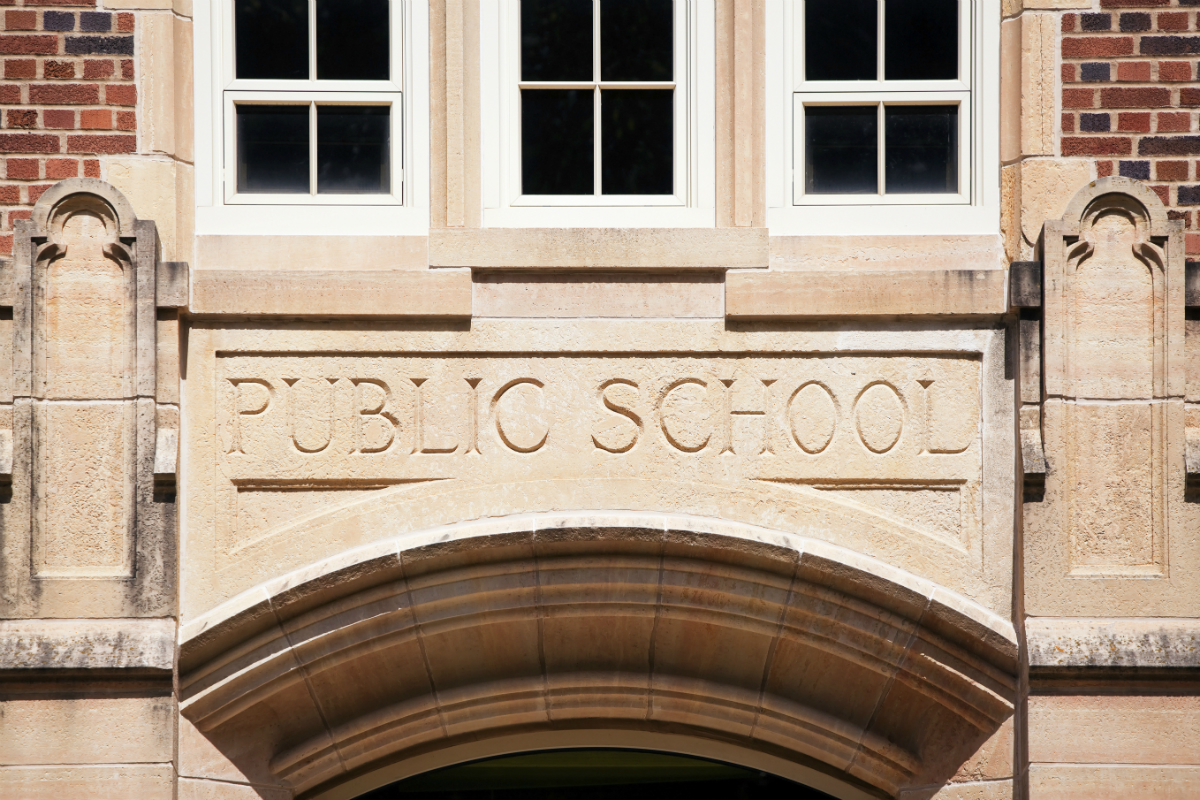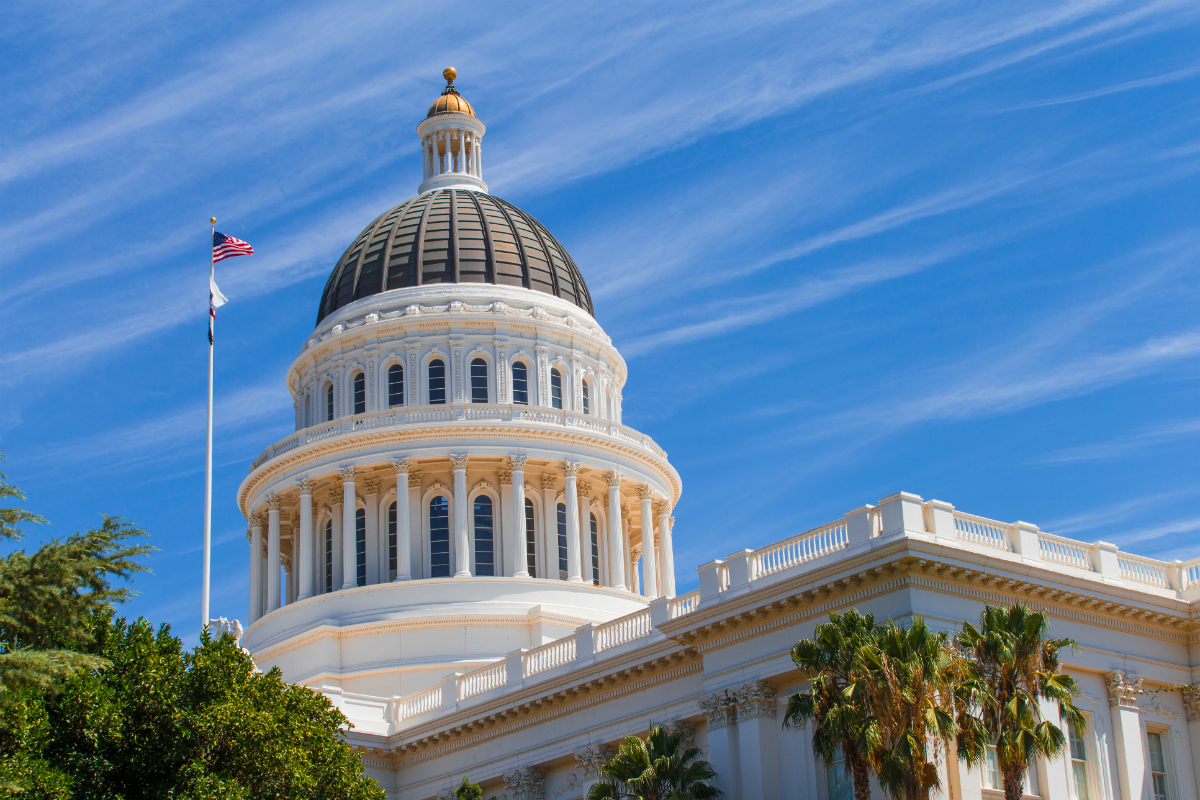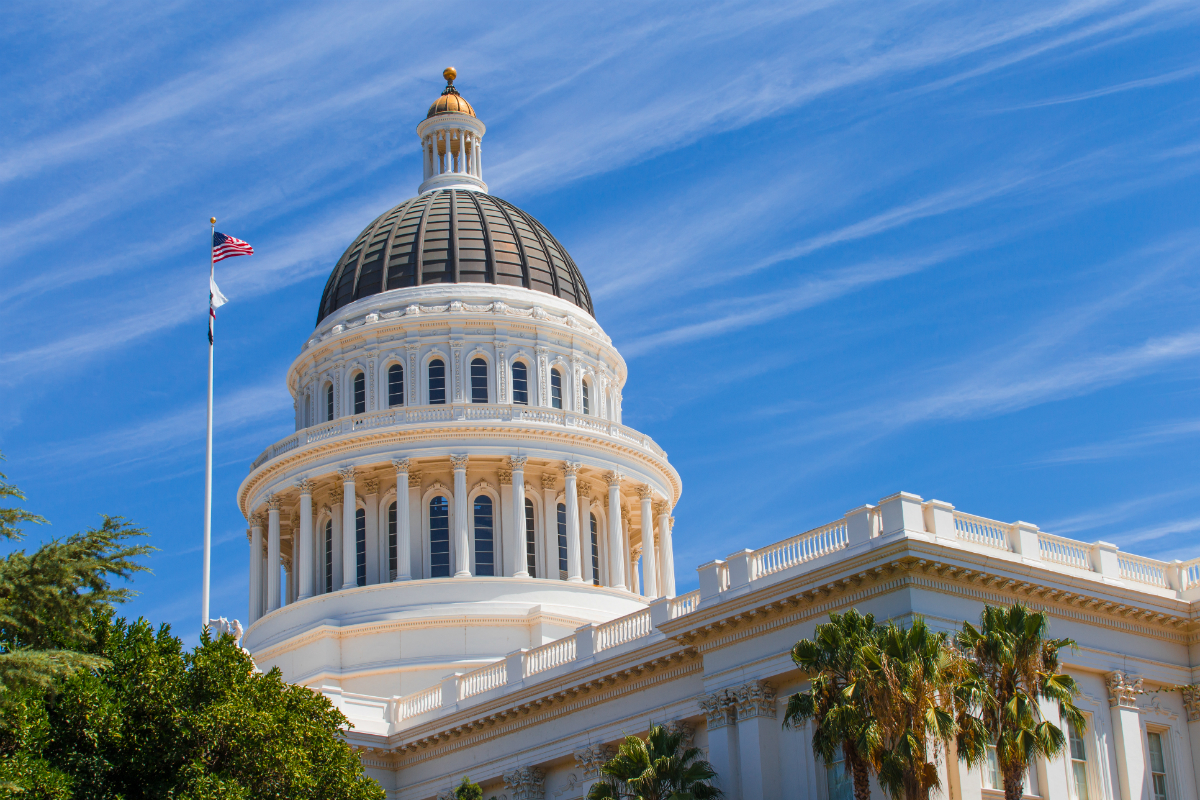Ending at midnight on Aug. 31, the state Legislature adjourned the 2023–24 session. Although it adjourned, the Legislature’s final day will formally be Nov. 30, when the current two-year session formally ends.
Although the Legislature’s regular business is done, it its policy work will continue. In a surprise to legislators as they prepared to head home to campaign for the 2024 General Election, Gov. Gavin Newsom announced he was calling a special legislative session to “prevent gas spikes at the pump — and save Californians hundreds of millions of dollars annually.” Limited to addressing only the purpose and scope of the Governor’s declaration, a special session is different from the two-year session but must also adjourn at the end of the two-year session.
CSBA’s remaining two sponsored bills to help address the administrative burdens many local educational agencies face and to strengthen the process for students to pursue dual enrollment opportunities with local community colleges passed with wide bipartisan support and are awaiting the Governor’s signature.
The two CSBA-sponsored bills are:
- Senate Bill 1244 (Newman, D-Fullerton): The legislative changes made by this bill would create a process for school districts to initiate dual enrollment programs with a neighboring community college district when an agreement cannot be reached with a home community college district, thereby fostering greater flexibility in meeting the educational needs of students statewide. CSBA co-sponsored this legislation with the California High School District Coalition.
- SB 1315 (Archuleta, D-Pico Rivera): Would require the California Department of Education to biannually report the total number of reports, scope of reports and costs associated with submitting each report to the Governor and Legislature. CSBA co-sponsored this legislation with the California Association of School Business Association.
The Governor has until midnight on Sept. 30 to sign or veto legislation. Any measures not officially acted upon by the Governor will automatically become law. CSBA will continue to keep members informed on Gubernatorial actions in the coming weeks.
In addition to CSBA’s sponsored legislation, below are some of the key results from the last two weeks in the Legislature, listed by issue area:
Funding
SB 98 (Portantino, D-Burbank): Enrollment-based funding
Status: Passed the Legislature and on its way to the Governor’s desk.
CSBA position: Neutral
This bill would require the state’s nonpartisan Legislative Analyst’s Office (LAO) to submit a report to the Legislature, on or before Jan. 1, 2026, on the effects of changing the pupil count methodology of the Local Control Funding Formula (LCFF) from average daily attendance (ADA) to pupil enrollment.
- CSBA advocacy was successful in getting amendments to require the report to include:
- An assessment on the impacts of transitioning from ADA to enrollment would have on Proposition 98 and the minimum funding guarantee, and its implementing statutes.
- The ability of LCFF to fund existing and ongoing public education obligations with a pupil count methodology based on pupil enrollment.
- CSBA previously had an Oppose Unless Amended position on an earlier version of the bill that would have negatively impacted LCFF and the Prop 98 funding guarantee.
School board governance
- Assembly Bill 1917 (Muratsuchi, D-Torrance): School board trainings
Status: Dead. Moved to the inactive file at the request of the author.
CSBA position: Neutral
Would have required all school board members to undergo K-12 education governance training at least once during each elected term beginning in 2026.
- CSBA advocacy was successful in getting amendments to address the implementation challenges with the bill and ensure that LEAs could implement its requirements in a timely fashion.
AB 3216 (Hoover, R-Folsom): Cellphones
Status: Passed the Legislature and on its way to the Governor’s desk.
CSBA position: Opposed
The bill would require LEA governing boards to adopt a policy restricting or banning the use of cell phones in schools.
- CSBA is opposed because it is a one-size-fits-all approach and an unfunded mandate.
SB 897 (Newman, D-Fullerton): Districts of Choice program
Status: Passed the Legislature and on its way to the Governor’s desk.
CSBA position: Tracking
This bill would remove the sunset on the Districts of Choice program, thus making it permanent.
- Would require districts of residence and districts of choice to report to their county office of education (COE) the number of students moving from one district to the other and prohibits the district of choice LEA from accepting new student transfers if it fails to respond to a data request from the COE within 30 days.
- Would require COEs to inform a district of choice LEA of when it has reached its statutory enrollment cap, inform other districts that the cap has been reached and prohibit the further transfer of students to that district.
- CSBA advocacy was successful in getting language removed that would have increased the transfer caps of students who can transfer into a district of choice.
SB 907 (Newman, D-Fullerton): Orange County Board of Education
Status: Passed the Legislature and on its way to the Governor’s desk.
CSBA position: Oppose Unless Amended
Would move board elections from the primary election to the general election in even numbered election years and increases the board’s size from five to seven.
- Amendments made by the Assembly Appropriations Committee delay the implementation of the increase in the size of the board to 2026.
Facilities
SB 937 (Wiener, D-San Francisco): Developer fees
Status: Passed the Legislature and on its way to the Governor’s desk.
CSBA position: Opposed
Would restrict the timely funding of infrastructure and services necessary to serve new residential developments.
- Among other things, for certain developments, this legislation would defer development-related fees until the certificate of occupancy or its equivalent, while drastically limiting exceptions to this rule.
SB 956 (Cortese, D-San Jose): Design build
Status: Signed into law by the Governor on Aug. 19.
CSBA position: Tracking
This bill makes permanent the authority of LEAs to utilize design-build contracts for construction projects that are in excess of $1 million with approval of the governing board of the school district.
SB 1374 (Becker, D-San Mateo): Net energy metering
Status: Passed the Legislature and on its way to the Governor’s desk.
CSBA position: Support
Would reverse a Public Utility Commission decision to lower the compensation rates for excess energy produced by LEAs with solar energy production.
Labor and human resources
AB 2088 (McCarty, D-Sacramento): Classified staff employees: public postings
Status: Passed the Legislature and on its way to the Governor’s desk.
CSBA position: Opposed
Would provide a “right of first refusal” to existing classified staff for open positions for a period of 10 days prior to the consideration of outside candidates.
- Mandates that LEAs offer classified staff the position if they meet the position’s minimum qualifications.
AB 2245 (J. Carrillo): ROCP teachers: permanent status
Status: Passed the Legislature and on its way to the Governor’s desk.
CSBA position: Opposed
Would provide permanency status for a regional occupational center or program (ROCP) career technical education (CTE) teacher after two years of consecutive service for an LEA.
- If adopted, this bill will make it more difficult for LEAs to meet the state’s goals of increasing access to CTE/ROCP programs by increasing costs for LEAs.
AB 2901 (Aguiar-Curry): Paid disability and parental leave
Status: Dead. It was placed on the inactive file at the request of the author.
CSBA position: Tracking
Beginning Jan. 1, 2028, this bill would have required LEAs to provide up to 14 weeks of paid leave for employees experiencing pregnancy, miscarriage, childbirth, termination of pregnancy or recovery from those conditions. It was made contingent upon a budget appropriation.
What’s next?
Pending the convening of the special legislative session to respond to the Governor’s declaration to address gas prices, the Legislature will return to Sacramento to swear in its newly elected body on Dec. 2.
For Gov. Newsom and his staff, this is one of the busiest times of the year. He will have until Sept. 30 — 30 days from the end of the legislative session — to act upon any bill that was passed by the Legislature in the last two weeks of session. CSBA Governmental Relations staff will be advocating for bills to be signed or vetoed and will keep members apprised of advocacy opportunities in the coming weeks.




